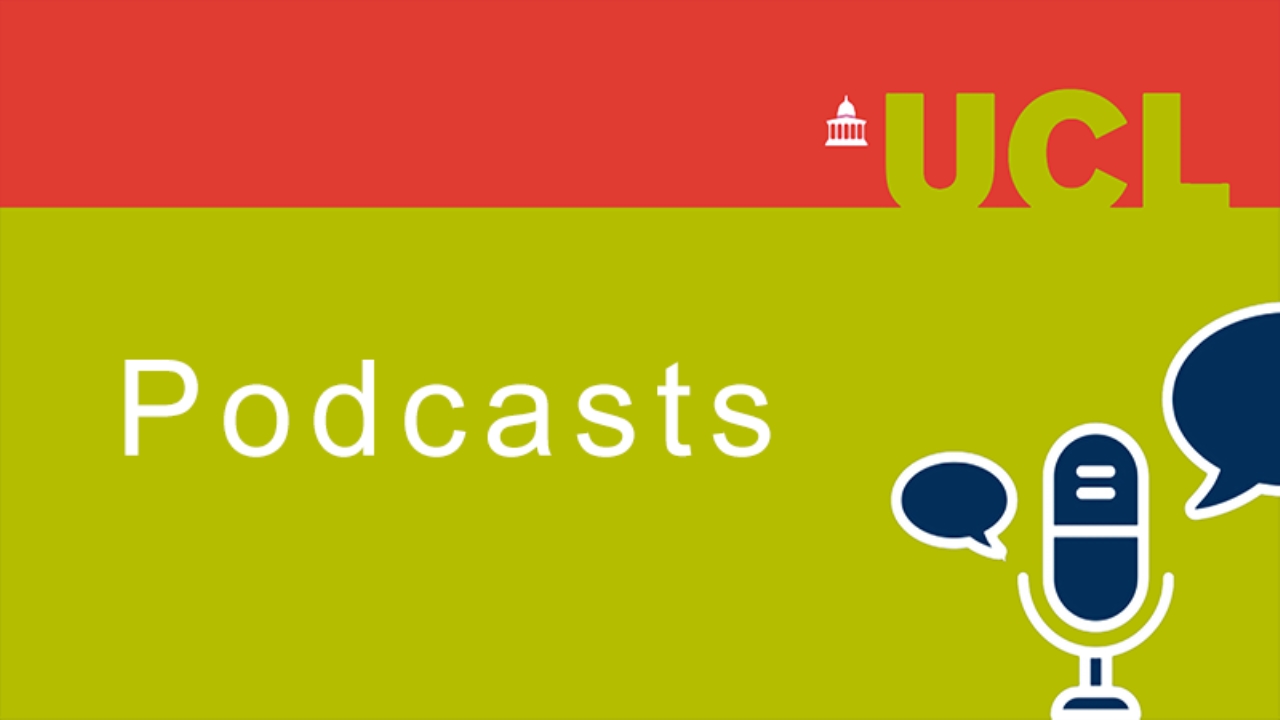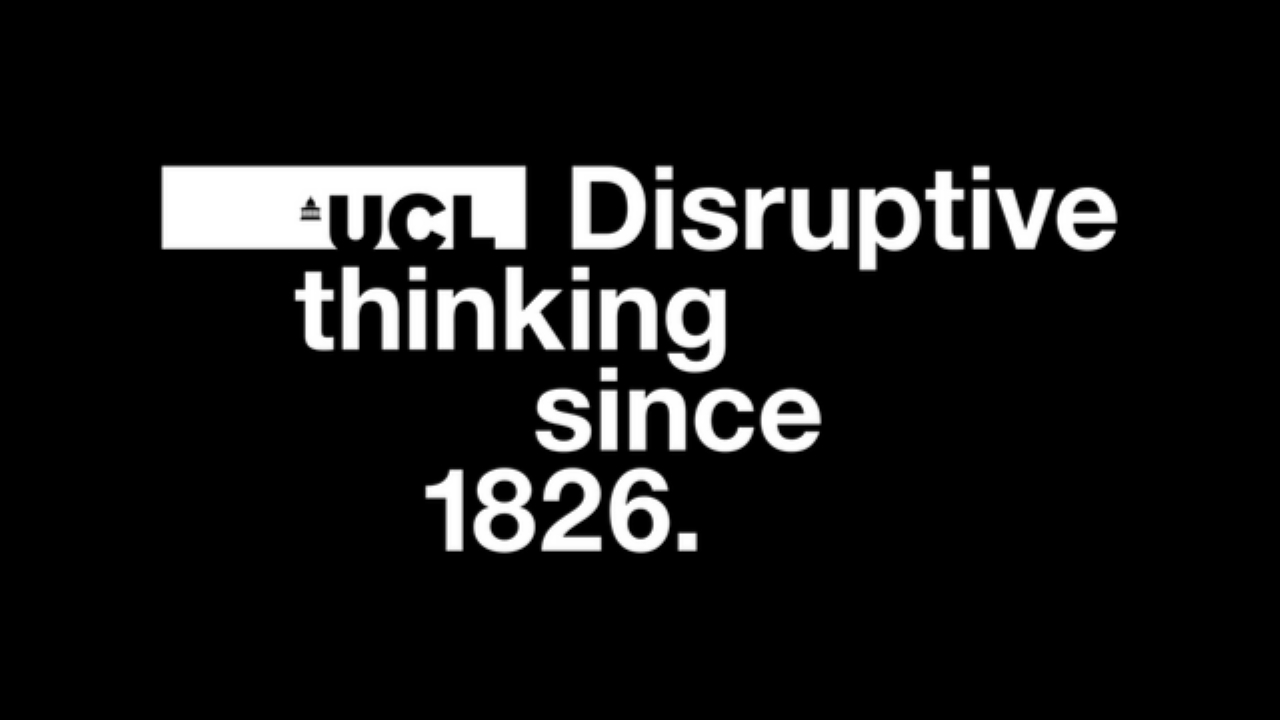Although human DNA is 98 per cent similar to that of the chimpanzee, the infections we catch are 80 per cent different. Most are new acquisitions that we have picked up as humans spread across the world. In fact, pandemic infections like smallpox and influenza only date from the last 12,000 years or so after we formed settled farming communities and later developed large colonies known as cities. Does the history of infectious diseases help to predict future epidemics?
4
4/21/2021
Although human DNA is 98 per cent similar to that of the chimpanzee, the infections we catch are 80 per cent different. Most are new acquisitions that we have picked up as humans spread across the world. In fact, pandemic infections like smallpox and influenza only date from the last 12,000 years or so after we formed settled farming communities and later developed large colonies known as cities. Does the history of infectious diseases help to predict future epidemics?
45
2/26/2021
The UCL Clinical Prize Lecture 2019 by Professor Jennifer Doudna, Professor of Chemistry and Molecular and Cell Biology at U.C. Berkeley.
Abstract:
CRISPR gene editing is transforming biology. Fundamental research to understand how bacteria fight viral infections uncovered how the CRISPR system uses Cas proteins with RNA as a programmable guide to detect and cut specific DNA sequences. Cas/RNA complexes constitute a powerful toolkit for genome editing in animals, plants and bacteria. I will discuss research into this amazing family of proteins: where they came from, how they work and how CRISPR technologies are revolutionizing research, biomedicine and agriculture. I will also discuss the ethical challenges of some of these applications with a focus on what our decisions now might mean for future generations.
12332
1/9/2020
On Episode 2 we talk about things that transfer from one place to another. Discover how traces of DNA can transfer onto things you’ve never touched, leading to wrongful convictions. Hear about future technology that will send information on light waves rather than radio waves, and learn how antiretroviral drugs prevent the transmission of HIV between partners.
Join our host, Suzie McCarthy, as she explores these topics with Professor Ruth Morgan, Professor of Crime and Forensic Sciences in the Faculty of Engineering Sciences; Dr Paul Haigh, a visiting lecturer and a former senior research associate within the Communications and Information Systems Group; Professor Alison Rodger, Professor of Infectious Diseases and consultant at the Royal Free London NHS Foundation Trust, and Simon Collins, HIV positive treatment advocate at I-Base, an organisation that provides information about HIV treatment to HIV positive people and healthcare professionals.
www.ucl.ac.uk/made-at-ucl
17
11/13/2019
There's often more than meets the eye and it's worth taking a second look. In our first episode of '#MadeAtUCL Disruptive Discoveries', our host Suzie goes beyond the surface to discover stories about the face of Britain’s oldest near-complete skeleton, the characters of the London Underground, and the potential pitfalls of forensic evidence.
'#MadeAtUCL Disruptive Discoveries' talks to UCL researchers answering life's big questions; from green infrastructure to artificial intelligence, space exploration to treating cancer.
Find out more about UCL's top Disruptive Discoveries: bit.ly/MadeAtUCL
25
9/30/2019
Christopher Steele, Dept of Pathology, UCL Cancer Institute
Rethinking Cancer | UCL Cancer Domain Symposium
Monday 13 May 2019
Early Careers Network Session
Cancer remains one of the major causes of morbidity and premature death worldwide; one in two people in the UK born after 1960 will be diagnosed with some form of cancer during their lifetime. UCL has a proud track record in addressing the societal, technical, and health challenges of cancer and in exploring its underling biology.
This symposium, invited our broad community to assemble for the first time at scale to consider challenges and opportunities in cancer research, prevention and treatment, from biological, clinical, technical, economic and societal perspectives.
614
6/6/2019





